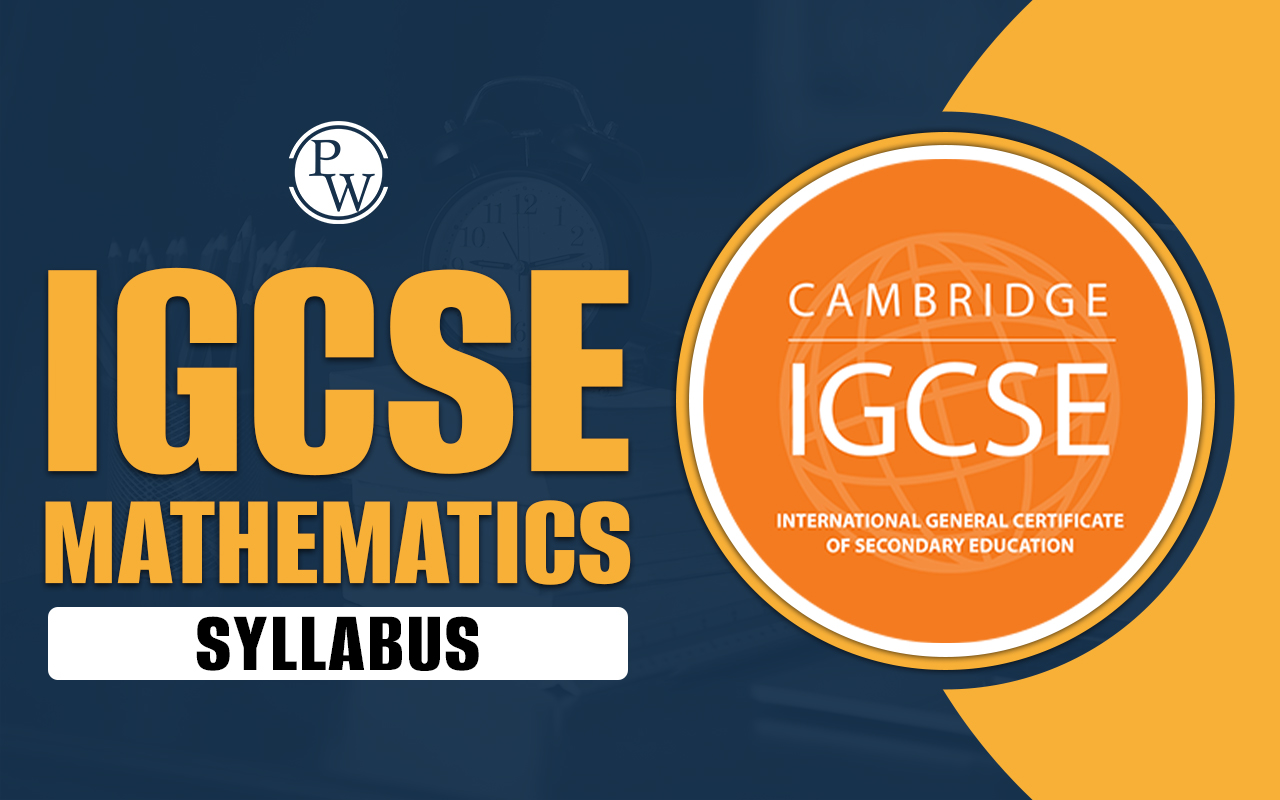Mastering the IGCSE Mathematics syllabus requires a strong foundation in core topics, especially those under Number: Rounding, Estimation, and Bounds, and Types of Numbers and Basic Number Skills. These fundamental concepts appear frequently throughout the course and lay the groundwork for more advanced problem-solving.
Rounding, Estimation, and Bounds:
Rounding, estimation, and bounds are essential for simplifying complex problems and ensuring accuracy in real-life scenarios. Students should be comfortable with rounding numbers to the nearest ten, hundred, decimal place, or significant figure. Estimation involves making quick, reasonable guesses of quantities or calculations to assess the plausibility of results. Learning how to use upper and lower bounds helps in understanding the range within which an answer lies, especially when dealing with measurement error or approximation.
Type of Numbers and Basic Number Skills:
Equally important are the types of numbers and basic number skills. This area covers prime numbers, factors, multiples, integers, fractions, decimals, percentages, and their interconversion. Recognizing different types of numbers helps in choosing the right strategies for solving problems. For instance, understanding prime factorization is a key when working with Lowest Common Multiples (LCM) or Highest Common Factors (HCF). Solid skills in manipulating fractions and percentages are vital, not only for exam success but for real-world applications such as finance and data interpretation.
To master these topics, consistent practice is key. Work through past paper questions, focus on real-life applications, and ensure a clear understanding of when and why to apply specific techniques. Use estimation to check if answers are reasonable, and apply bounds to interpret results more precisely.
Ultimately, building confidence in these core areas sets a strong mathematical foundation and boosts performance across the entire IGCSE Mathematics syllabus. With a methodical approach and regular review, students can approach exams with accuracy, speed, and assurance.

